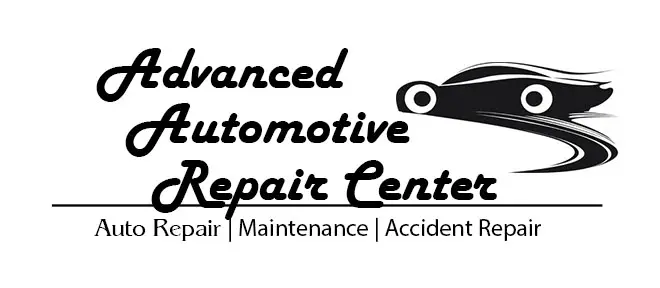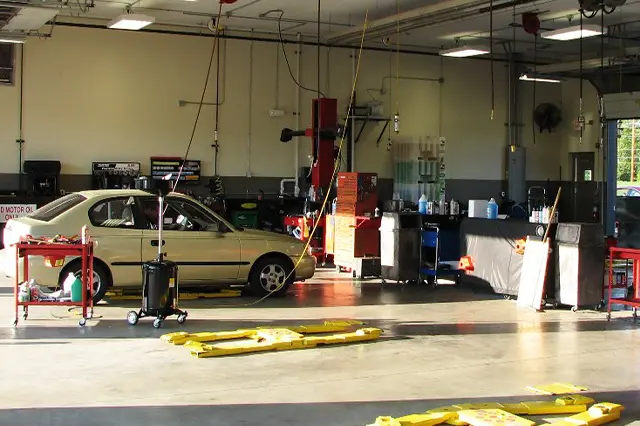
Is it better to replace an engine or buy a new car?
Automobiles are some of the most popular pieces of technology on the market. They’re reliable and last a long time, which makes them a natural choice for many people. However, like any piece of technology, there are pros and cons to owning an automobile. In this blog post, we will explore the pros and cons of replacing an engine vs. buying a new car.
What are the benefits of replacing an engine in a car?
Replacing an engine in a car can be a cost-effective way to fix the vehicle, depending on the age and condition of the engine. The benefits of replacing an engine include:
Reduced overall repair costs. A new engine is typically cheaper to replace than an old one, because it’s less likely to have problems that need fixing.
Improved reliability. Replacing an engine will usually improve the reliability of the car, as it will have been rebuilt from scratch with newer parts.
Greater fuel efficiency. A new engine will usually have more efficient designs that help it get better gas mileage.
A new engine will usually have more efficient designs that help it get better gas mileage. Improved performance. A new engine will usually have more power and be more fuel-efficient than an old one.
What are the benefits of buying a new car?
There are many benefits to buying a new car. A new car will likely have lower maintenance costs, as it will have fewer miles on it and won’t have to be serviced as often. Additionally, a new car will usually come with a warranty, which can cover defects in the car’s manufacture or assembly. Finally, buying a new car often comes with tax breaks and other incentives.
When is it time to replace an engine in a car?
Engine repair, or replacement, is an important decision that drivers should always make before their car’s engine starts to wear down. The lifespan of a typical car engine is typically around 150,000 miles, so it’s important to act fast if something goes wrong. Here are some factors to consider when deciding whether it’s time to replace or repair an engine:
1. Age and mileage. How old is the engine? How many miles has it been on the road? Do the specs match what you expected for that age and model?
2. Condition of the vehicle. Is the car in good condition mechanically? Is the paint still shiny and free from cracks? Does the car have any obvious signs of damage, such as rusting undercarriage?
3. Repairability. Is replacing or repairing the engine easy or difficult without specialist equipment? Can you do it yourself using basic tools and supplies?
4. Value of the vehicle. What kind of value would a new engine give your car compared to a repaired one? If you’re thinking about selling your car in the near future, factor in how much extra money you’ll make by buying a new one instead of fixing an old one.
5. Cost of a new engine. How much will it cost to buy and install a new engine? Bear in mind that this price may vary depending on the make and model of your car, the type of engine (fuel efficient or powerful), and the dealership’s overhead costs.
6. Motivation to fix or replace. Is it more important for you to fix the engine rather than replace it? Sometimes it’s cheaper and easier to just replace an engine, but if you’re determined to fix the engine, be prepared to spend more money and time on repairs.
7. Availability of parts and technicians. Will parts be available and at a reasonable price when you need them? Will a mechanic be available to do the repair or replacement? If not, will you be able to find a qualified technician in your area?
8. Personal preferences. What are your preferred car-repair methods? Do you like tinkering with engines yourself or would you rather have a mechanic do it? Are you comfortable taking your car into a garage that you don’t know well?
9. Safety concerns. Is there any potential safety issue with replacing or repairing the engine? For example, is there a risk of damaging other components in the car if the repair isn’t done correctly?
10. Cost of repair or replacement. What are the potential costs associated with a repair or replacement? Are there any unexpected expenses that you’ll have to pay (for example, for specialized tools or parts)?
Once you’ve considered all these factors, it’s time to make a decision about what to do. If you’re thinking about replacing an engine in your car, be sure to consult a qualified mechanic so that you get the best possible deal and don’t end up spending more money than necessary.
Conclusion
Whether you are considering replacing an engine in your car or buying a new one, it is important to do your research first. Replacing an engine can be cheaper in the long run, but buying a new car can be a more reliable investment. If you’re not sure which route to take, talk to a car mechanic or car dealership about your options. They can help you make the best decision for your needs and budget.
